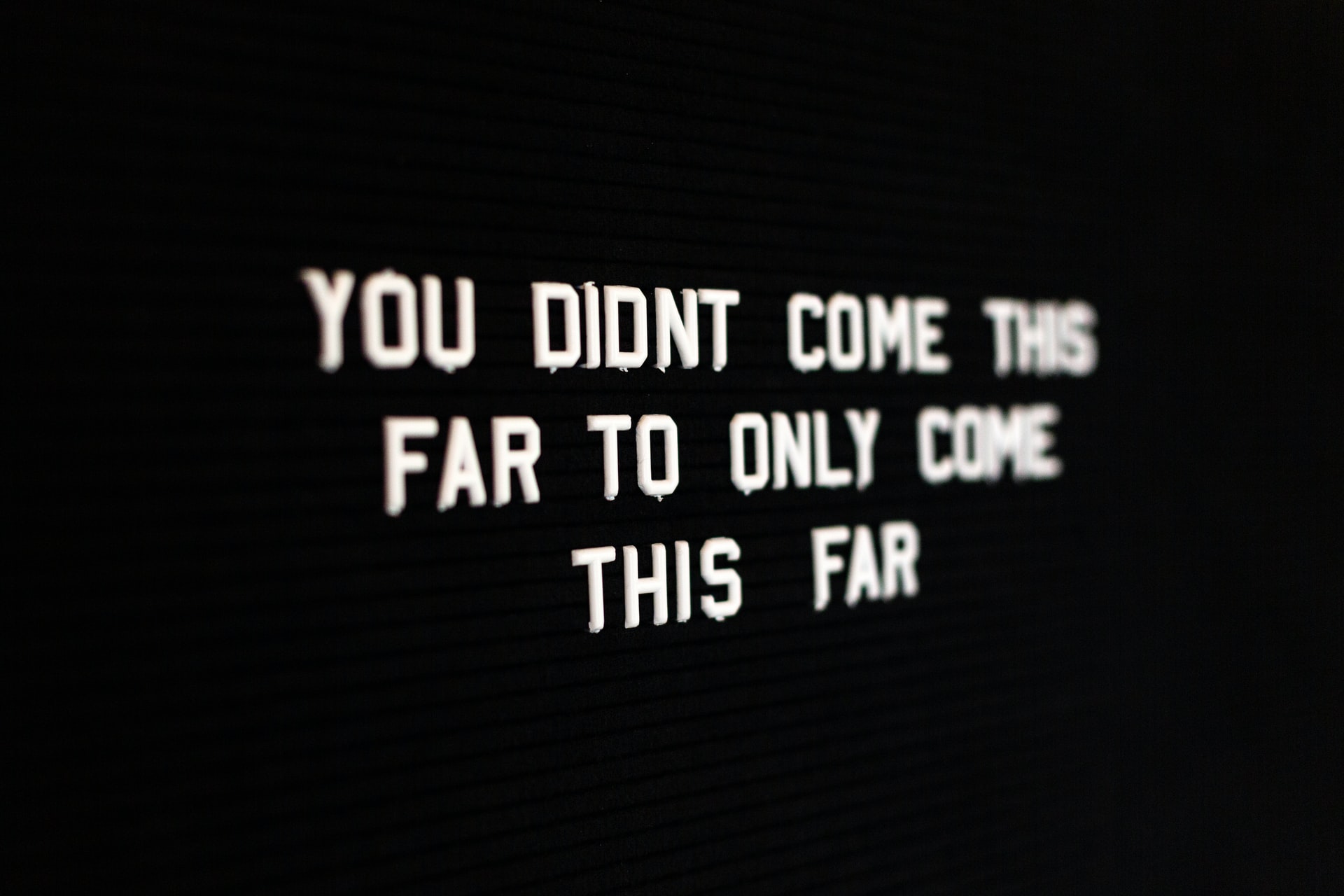If we had to discuss the main deliverables of owning or running an organisation, we would definitely discuss products, markets, strategy, finance, leadership, marketing and also people. In a nutshell, whatever the size, a company is an ecosystem within a larger ecosystem which, in return, has an impact on individuals, clients, other organisations and society.
Add the current scenario and challenges of COVID-19 and Brexit, and the complexity of leading an organisation is probably at it’s peak in recent years.
Primarily, it’s all about maximizing the organisation’s performance through it’s people, and bridging the gap between what is current and what is possible to increase performance. And this is where coaching can play an important role as a catalyst to leverage people and their potential to deliver optimum performance – and the difference between a good or a great company.
Yet, it goes without saying that coaching is no quick fix either. The success of coaching depends on multiple factors relating to both the coach and the client. In most cases, leaders agree to a coaching programme for their teams, but it transpires that the leaders themselves can benefit from coaching too. Its all about the transformation of the organisation through the personal transformation of its people. Starting such programmes at the top tiers of the company will have a positive trickle-down effect which sets the scene for learning and growth.
In conclusion, remember that coaching is not training or instructing. Coaching is a collaborative approach between coach and client, where the focus is on future possibilities and in doing so, unlocking people’s potential.
Give back to the community: 5 ways business leaders can use their influence to be more philanthropic
Given social media’s rise in recent years, business leaders’ roles as instigators for social change have never been greater.
What CEOs can learn from Ferrari and a children’s hospital
An unusual combination that makes for great insight.
3 strategies to help your team manage stress and stay productive
As a leader, you play a crucial role in creating a workplace culture that prioritises both productivity and employee well-being.
5 key self-development tips every business leader needs to take note of
Self-development can come in the form of better leadership skills, growing a wider network of contacts, and also an improved ...









